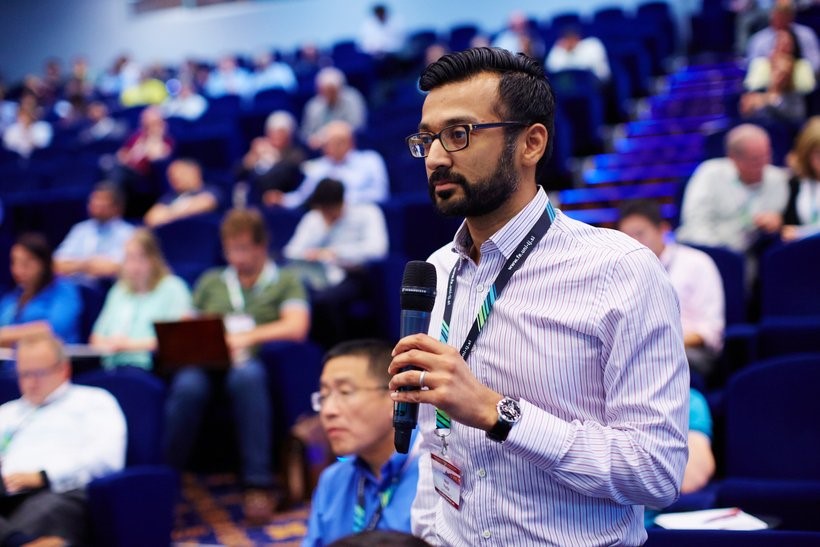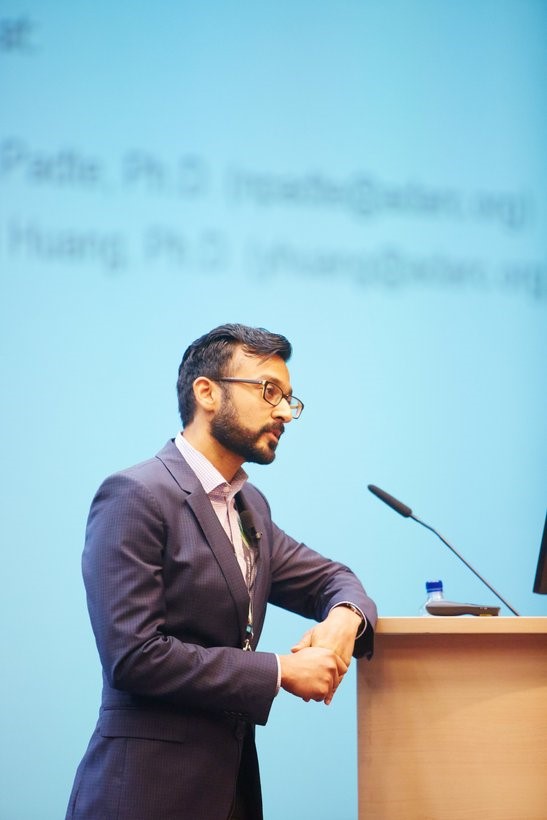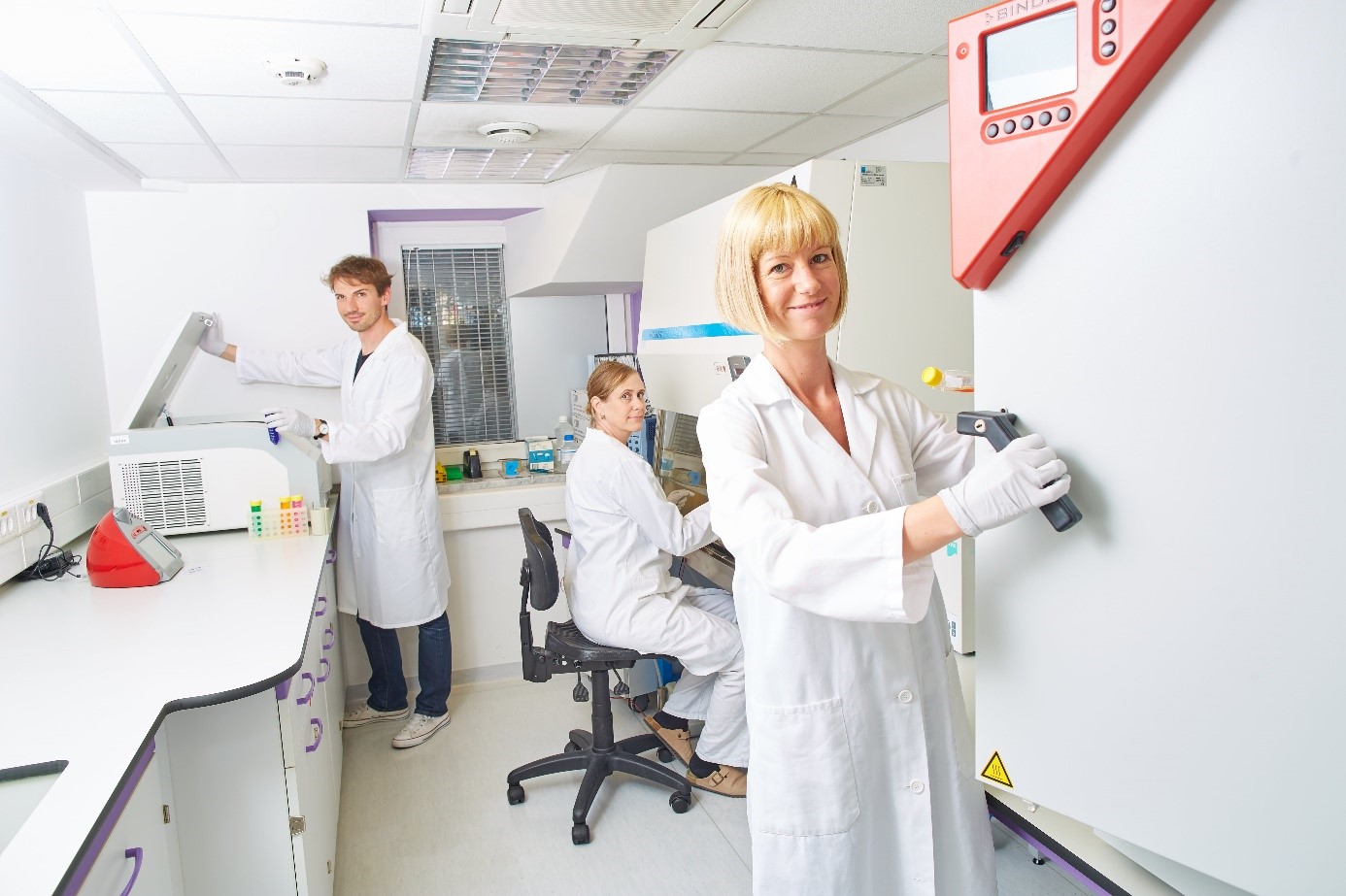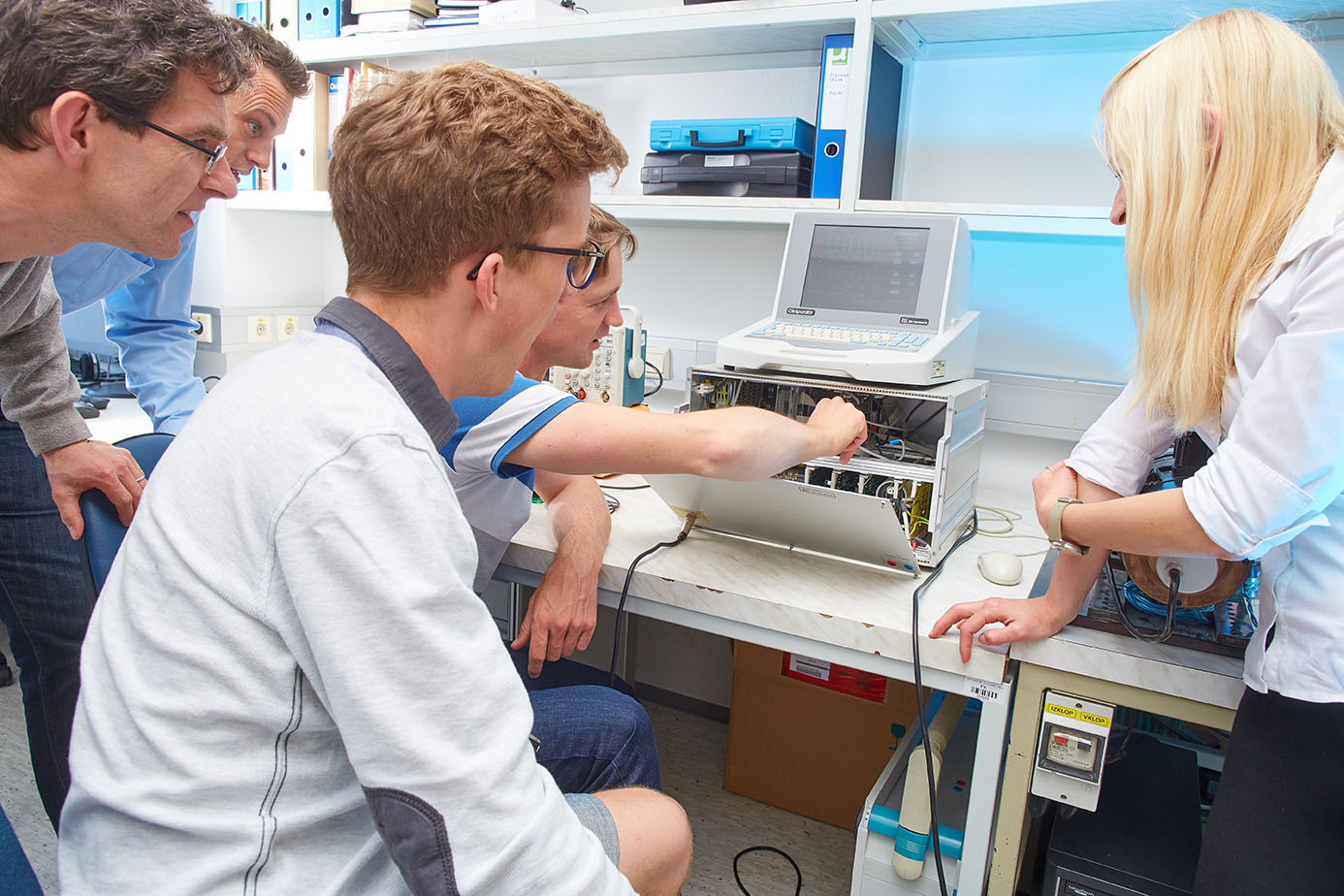Nature – Thursday, 13th December 2018
Nature, vol. 564 S16-17
In the years 1980-2010 the number of outbursts of contagious diseases worldwide has more than tripled every 5 years. Unexpected outbursts of viruses like Ebola and Zika have led to the development of new methods of quenching the rapid spread of infection. One of these methods is the use of monoclonal antibodies that bind to a specific virus or bacterium, present in the infected person, thus neutralising it.
The production of monoclonal antibodies is unfortunately a costly endeavour, and the antibodies must also be stored at all times and transported at sufficiently low temperatures, requiring cooling of the storage/transport vessel. In order to reach the desired effect, delivery of multiple treatments are often required. For an effective containment o fan infectious disease outburst, rapid action is absolutely crucial. The process of preparing, purifying and testing the isolated monoclonal antibodies on the other hand is a process that on average takes between one and two years!
The biotechnological company RenBio, headquartered in New York and of which a co-founder is also Dr. David D. Ho, the recipient of numerous awards and recognitions for his research work in the field of AIDS (among other awards he is the recipient of 13 honorary doctorates, was the Times magazine’s 1996 Person of the Year, and was awarded the Presidential Medal by President Bill Clinton in 2001), focuses on developing a new method that represents an efficient shortcut and would eliminate all of the three necessary steps in antibodies production. Antibody gene transfer is a method with which DNA is delivered into the cells, thus inserting the recipe for antibodies production. Production of DNA is much cheaper and simpler than that of monoclonal antibodies. Gene transfer also requires a lower number of treatments, since the DNA introduced into the cell nucleus facilitates production and discharge of antibodies from the cells for weeks (and sometimes also months).
A key step in gene transfer is the delivery of the DNA to the cell. Virus-mediated DNA transfer is successful, but has several safety-related limitations. Fort his reason RenBio has opted fort he use of electroporation, a method using electrical pulses to temporarily increase the permeability of the cell membrane, thus enabling the DNA molecule to enter the cell. For expert advice and assistance in the field of electroporation, RenBio has enlisted the help of the Laboratory of Biocybernetics, which is led by Prof. Damijan Miklavčič at the Faculty of Electrical Engineering of University of Ljubljana. The Laboratory of Biocybernetics is one of the world’s leading research groups in the field of electroporation and is, at least in the opinion of David Ho and RenBio, the team with the right knowledge that RenBio requires in making their ambitions a reality. RenBio has established contact with Prof. Miklavčič already in 2015 and finances, in part, the research endeavours of the team at the Faculty.
https://www.nature.com/articles/d41586-018-07645-x
  |
| Photos 1 & 2: The COO (Chief Operations Officer) of the biotechnological company RenBio (headquartered in New York) Neal Padte has actively participated and presented RenBio’s research in September 2015 at the 1st World Congress on Electroporation and Pulsed Electric Fields, which was organised by Prof. Miklavčič and his colleagues.
|
  |
| Photos 3 & 4: Laboratory of Biocybernetics at the Faculty of Electrical Engineering of the University of Ljubljana is one of the world’s leading teams in the field of electroporation and is, according to the opinion of David Ho and the RenBio company, the team with the right knowledge that RenBio requires in making their ambitions a reality. |
Links to related articles in Slovene media (in Slovene language only):
Dnevnik
STA